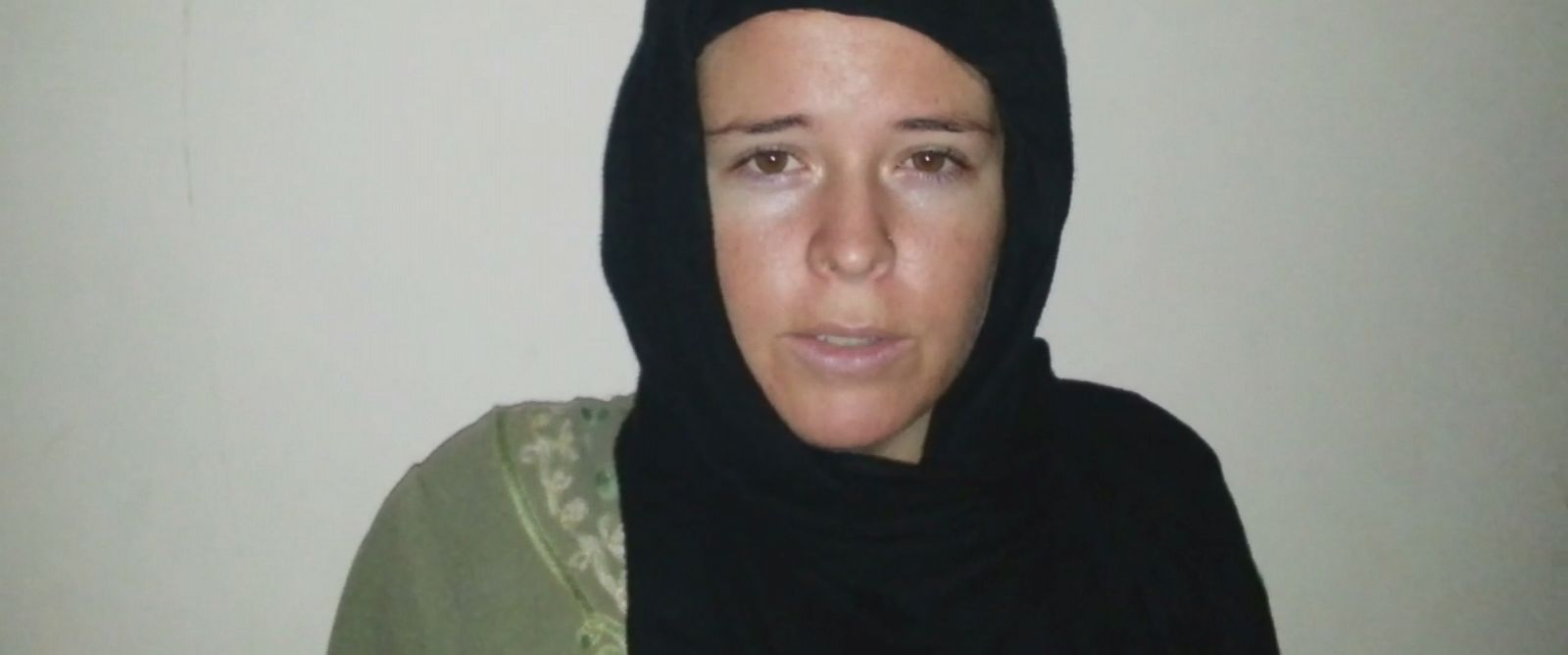
Even after a failed U.S. Special Forces hostage rescue mission in Syria, the launch of hundreds of coalition airstrikes and the subsequent video beheadings of three hostages, ISIS offered hope to Carl and Marsha Mueller that made them believe paying a ransom could still bring their captive daughter Kayla home, emails from the family's negotiations show.
But a former senior FBI agent told ABC News that U.S. government negotiators missed the likely final opportunity to free the last American in captivity for ransom almost two years ago, which ISIS said was "still a possibility" in its last email to her parents before her death.
"I think the Muellers have a right to be upset," said retired FBI chief hostage negotiator Chris Voss, who reviewed 27 emails exchanged between ISIS and Kayla Mueller's parents for ABC News' "20/20."
“Carl would say we need to make an offer, and then the [FBI-authored] email would not have anything about an offer in it,” Marsha Mueller told ABC News.
“We were like sheep. We were following what the government told us to do. We had no idea,” Kayla’s father Carl Mueller said in the couple's interview for ABC News' "20/20” segment, “The Girl Left Behind.”
...Not making a ransom offer to ISIS -- which would have been, in fact, legally allowable under a Bush-era presidential directive -- was the biggest missed opportunity to free Kayla, said Voss, the retired FBI agent.
Read more from ABC News [HERE].




